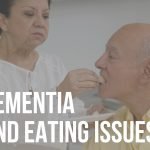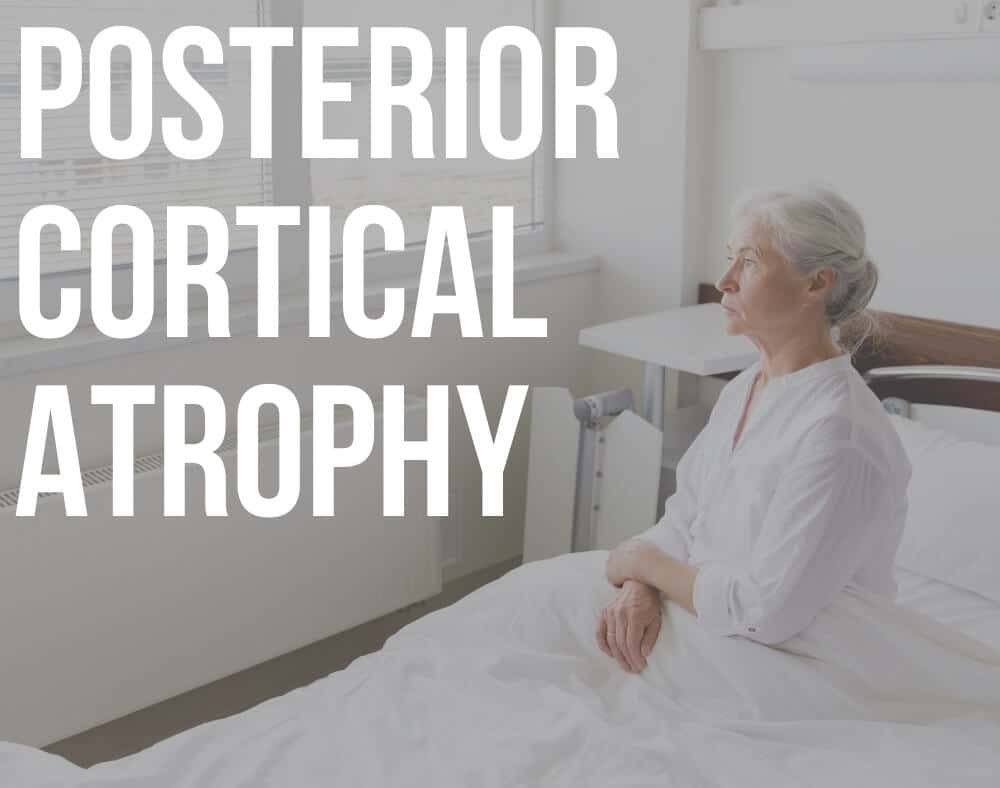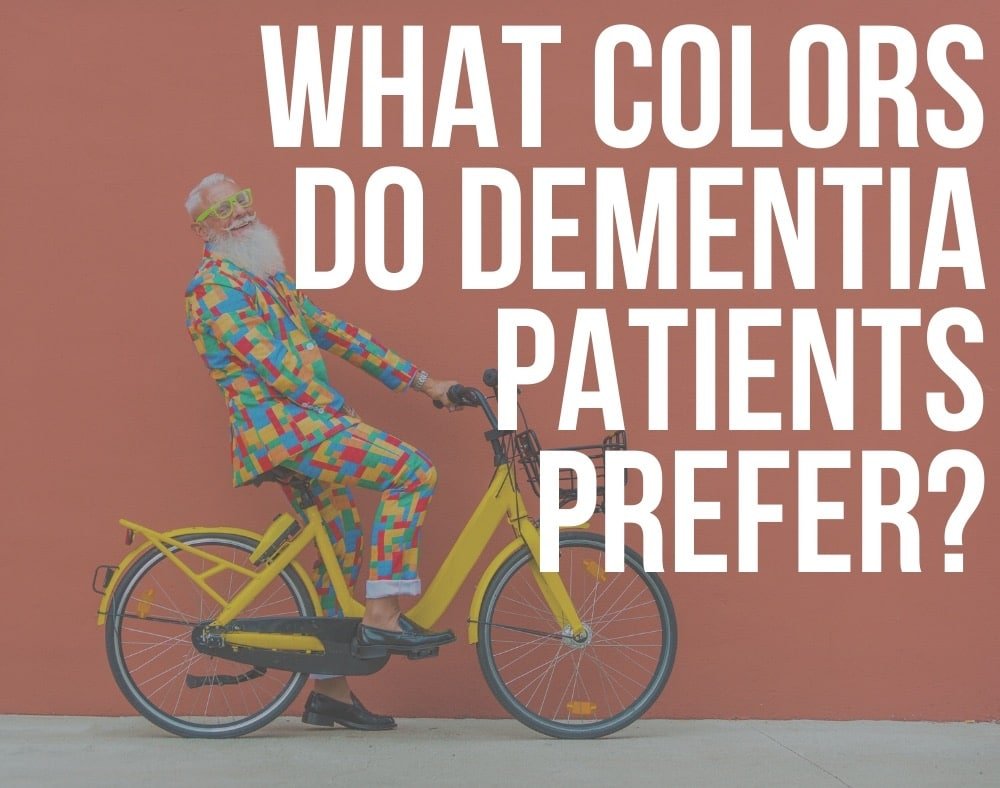There are multiple reasons why do dementia patients stop eating and it is important to understand why they may start to avoid food.
Dementia patients might refuse to eat if they either dislike the food or are trying to tell you their meal is too hot or too cold.
They may not even know that they should chew and swallow it.
Patients diagnosed with dementia will experience a decline in their memory as well as problem-solving and other thinking-related skills.
Alzheimer’s disease is the most common type of dementia and as many as 50 percent of these individuals find it difficult to eat at some point during their disease (1).
It becomes increasingly difficult for affected patients to perform normal daily activities. For this and other reasons, patients with dementia will spit out their food or stop eating entirely.
Contents
What Causes A Dementia Patient To Stop Eating? – 4 Factors to Consider
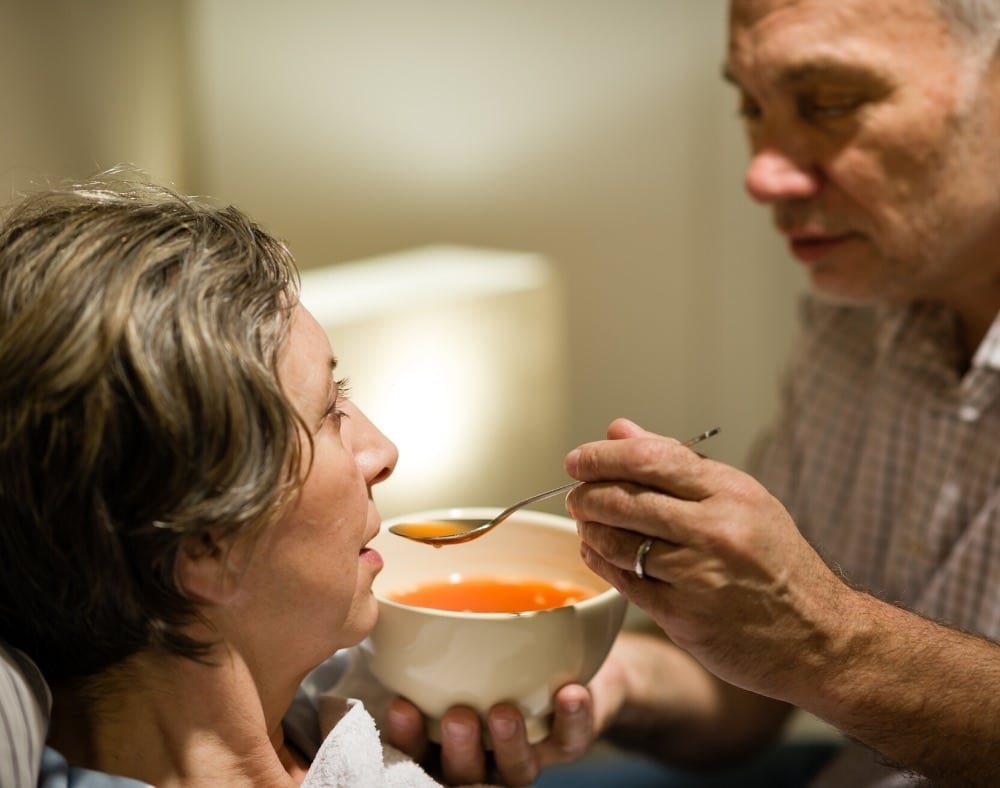
The global statistics for dementia are mind-boggling. As of 2017, the total number of people with dementia was estimated to be 50 million.
This number is expected to rise to 75 million by 2030. Furthermore, in the US alone, one in three elderly people dies from Alzheimer’s or another form of dementia.
These increasing numbers of cases bring with them increasing challenges.
Feeding such patients is indeed one of the biggest challenges.
Poor nutrition increases the risk of dehydration, muscle loss, higher chances of infection, a decline in the overall well-being, and even death (4).
In the seven stages of Alzheimer’s a patient moves from their dementia being barely detectable to an extremely severe, steady, and visible decline (5).
It’s not abnormal for Alzheimer’s patients to stop eating or drinking in the later stages of their diagnosis.
Approximately 50 percent of diagnosed Alzheimer’s patients won’t eat enough food or drink sufficient fluids (1). The resulting weight loss develops into a larger problem as their disease progresses.
As per research, following are the four main reasons dementia patients stop eating and drinking as their disease progresses.
1. Dementia Affects Brain Areas Associated With Swallowing
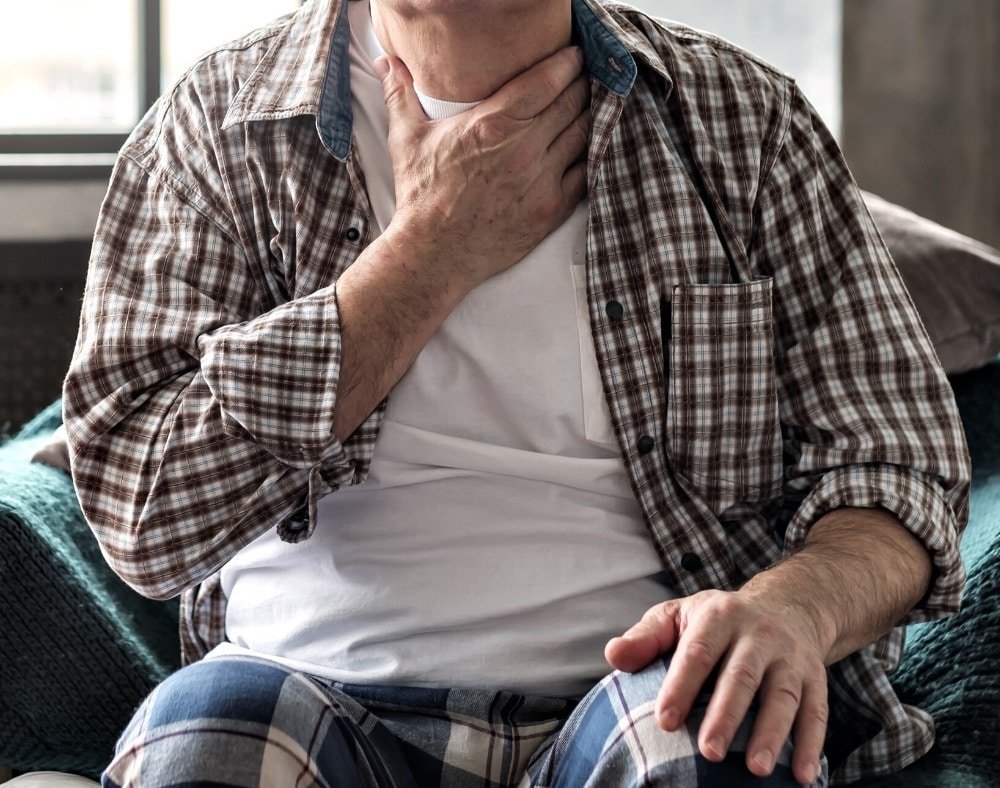
Inability to swallow food is termed as dysphagia. The prevalence of dysphagia among elderly can be as high as 40 percent. This percentage is even higher among people with dementia (6).
But why is that?
Different types of dementia eventually lead to the shrinkage of the parts of the brain that coordinate swallowing. Consequently, the patients find it extremely hard to swallow as their disease progresses.
2. They are Unable to Communicate Their Hunger Effectively

Dementia patients may also not be able to effectively communicate their hunger or the fact that they don’t like the food they’re eating.
3. Their Interest Changes and They Might Forget What They Used to Like

Also, a patient’s appetite and interest in food could change. They may not taste food or experience flavor as they did before (7).
As people age, their taste buds diminish. It’s common for dementia patients to prefer eating heavy or flavor-filled foods, such as sugary sweets for snacks.
4. Their Eating Habits Might be Affected By Physical and Mental Well-Being
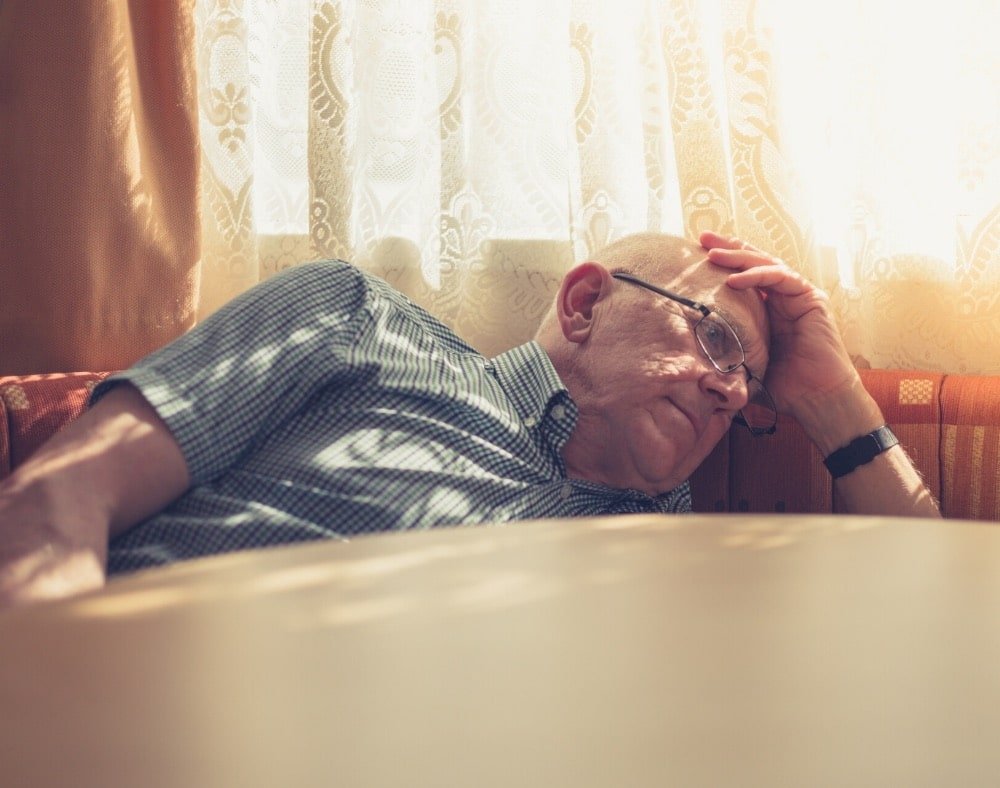
On top of the above, dementia patients could refuse to eat because they feel constipated, depressed, lonely, lethargic, or sore.
Appetite loss could also be a possible side effect of medication (7).
How to Help a Dementia Patient Eat?

If a dementia patient refuses to eat, it’s important to ensure they’re well hydrated. Dehydration is a cause of appetite loss. It’s also possible for elderly patients not to be sufficiently hydrated.
Because of this, they become dehydrated quicker and easier because of their age, body changes, or medication they’re taking.
Drinking water might be too plain and met with resistance. It’s useful to offer patients a soft, liquid meal such as cereal or soup instead.
Taking a look at the patient’s mouth will also reveal any redness or swelling that could cause a lack of interest in eating. A dental appointment could help to address any such concerns.
Some ways to encourage a dementia patient’s appetite include:
Setting up a daily meal routine
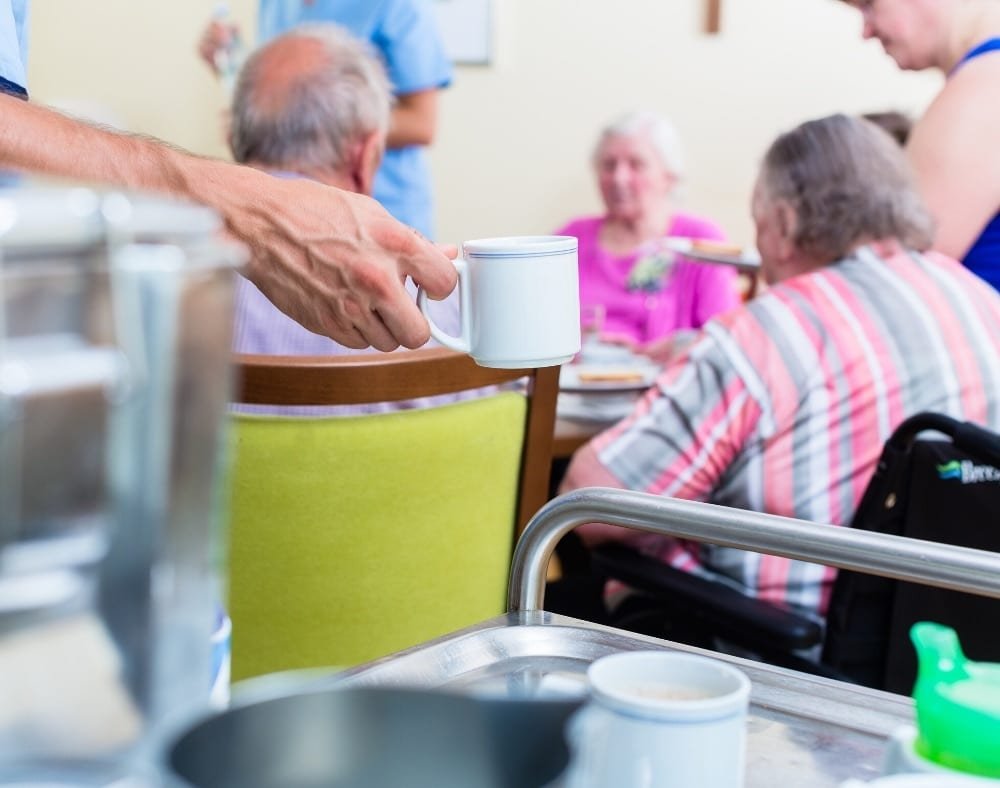
This assists the patient’s body with feeling more ready to eat at fixed times.
Offering the patient their favorite food
They may be more likely to eat something familiar that they recognize and love.
Giving the patient a choice of food
Using prompts or pictures may help patients show you what they’d like to eat or drink.
Making their food look, smell and taste as tempting as possible
Patients are more likely to show interest in food that catches their attention.
Involving the patient in meal preparation
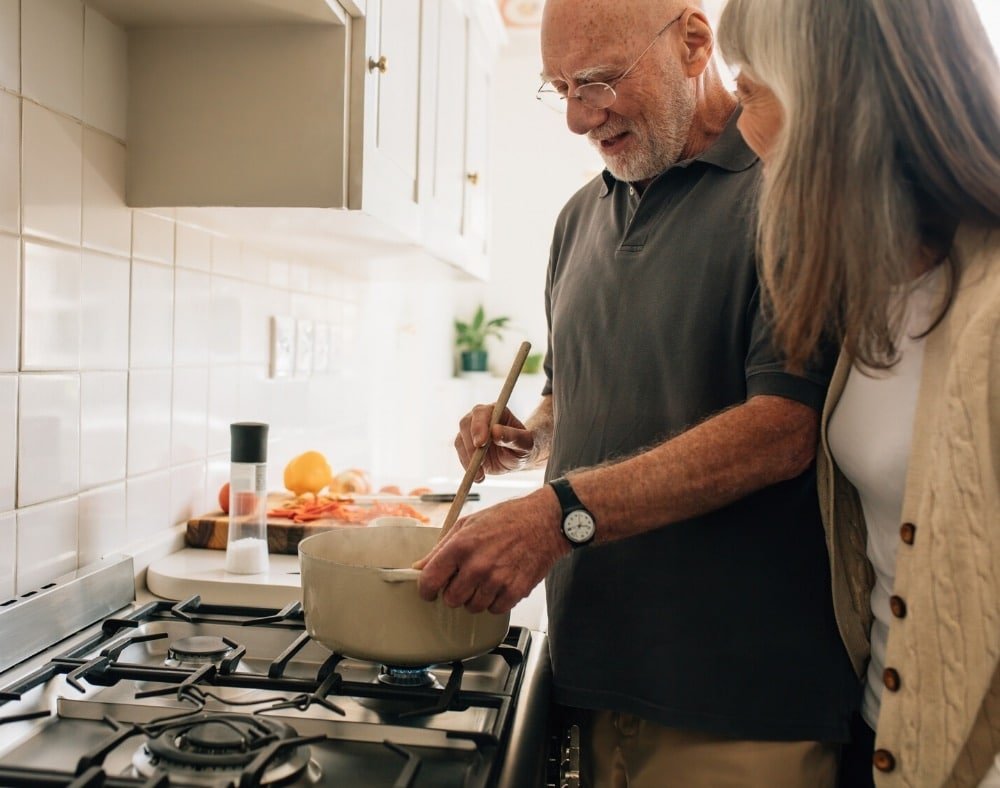
A patient may be more willing to eat if they’ve helped prepare the food.
Trying various types and textures of food or drinks
Milkshakes, smoothies, jelly, naturally soft foods, and puréed vegetables are all easier to chew & swallow.
What Happens in The Last Stage of Dementia?
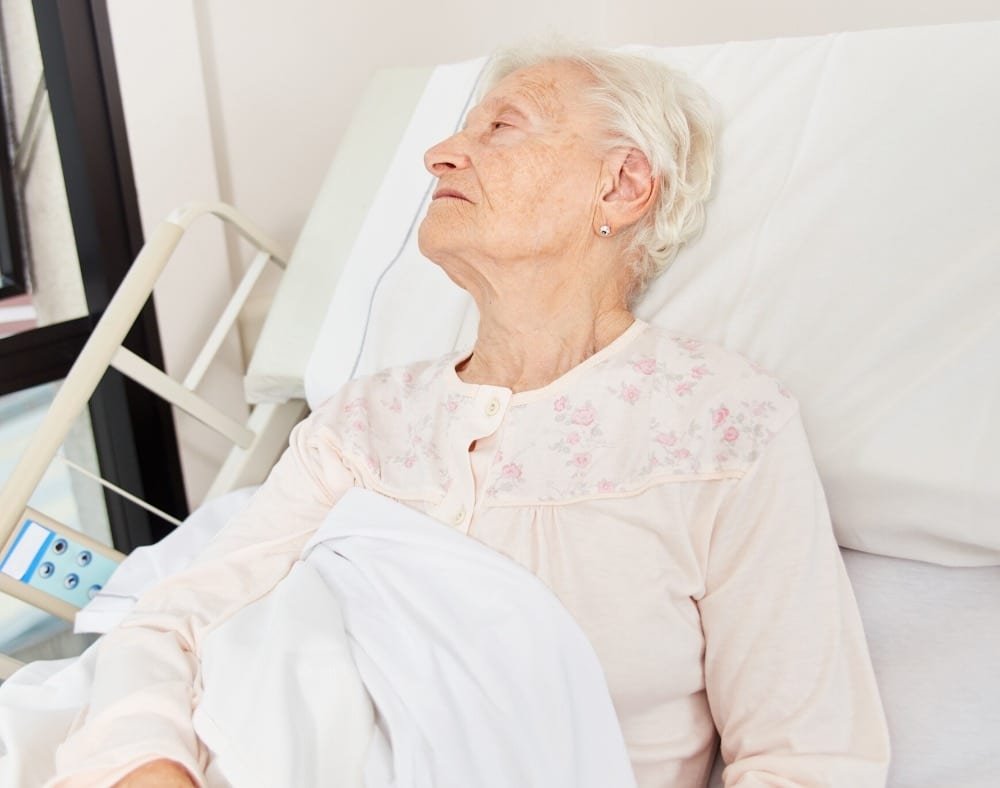
A patient could spend between approximately one and three years in the last severe stage of Alzheimer’s. Approximately 1.8 million US adults are in the final stages of dementia at the time of writing.
As the disease progresses, a patient can do less. They become increasingly dependent on others for assistance.
Eating and swallowing become more difficult during this stage. Sometimes patients won’t eat because they aren’t hungry or they’re simply confused.
Around the clock hospice care is usually administered to such patients.
How Long Can A Dementia Patient Live Without Eating?

When a dementia patient is no longer consuming fluids, and particularly if they’re bedridden, they may only live between a few days or at most a few short weeks.
Generally, when a patient is in the dying process they lose their appetite and sense of thirst.
While people can generally survive longer without eating than they would without drinking, a bedridden patient who’s not consuming sufficient food or drink in this last stage is unlikely to survive.
Are There Any Exceptions?
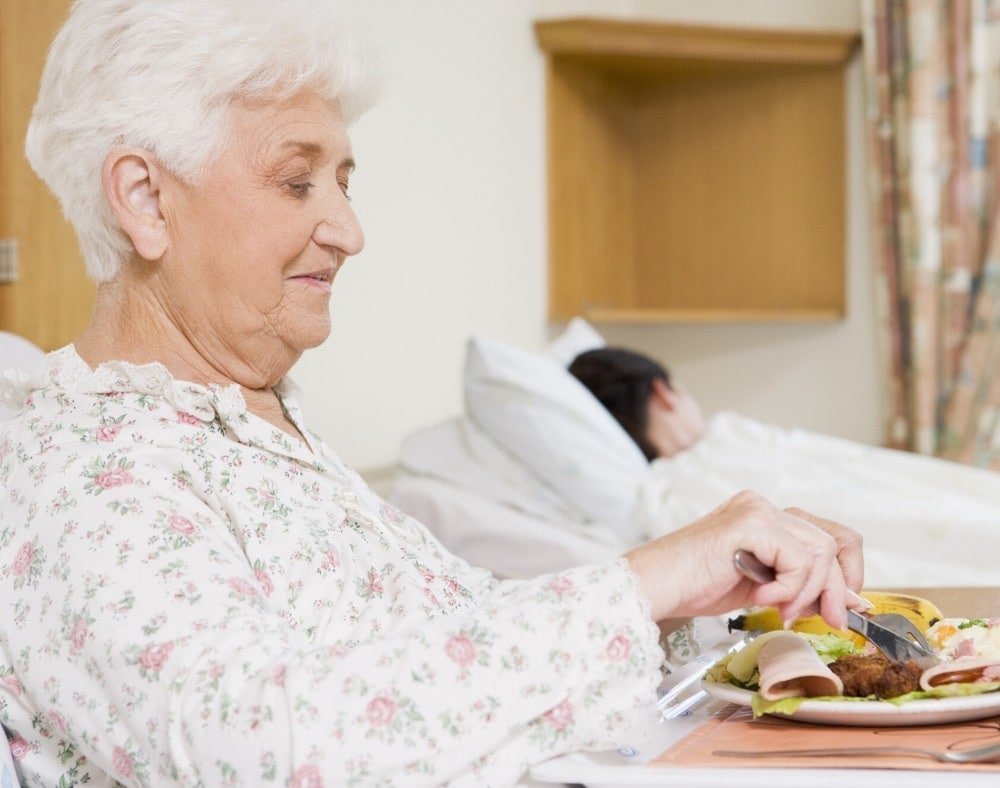
While some dementia patients eat too little, others overeat. Some dementia patients may eat too much food at a time or consume meals too often.
Patients suffering from behavioral variant frontotemporal dementia are more prone to overeating.
It’s also possible for patients to demonstrate excessive eating and other related eating behavioral changes because of changes in their dietary preferences.
They may even be obsessed with certain foods.
Conclusion
While many dementia patients do stop eating as their condition worsens, it’s possible to attempt to make their mealtimes more enjoyable.
Such patients may be more inclined to eat and drink if their mealtime is accompanied by activity and social stimulation.
By having some nostalgic conversations over a plate of food they may also be more inspired to eat or drink, and in turn, stay well-nourished and hydrated.
::
References
1. Chia-Chi Chang, et al. Prevalence and factors associated with food intake difficulties among residents with dementia. PLoS One. 2017; 12(2): e0171770.
4. Jansen S, Ball L, Desbrow B, Morgan K, Moyle W, Hughes R. Nutrition and dementia care: Informing dietetic practice. Nutr Diet. 2015;72(1):36–46.
5. Craig J. Thalhauser, et al. Alzheimer’s disease: rapid and slow progression. J R Soc Interface. 2012 Jan 7; 9(66): 119–126.
6. Livia Sura, et al. Dysphagia in the elderly: management and nutritional considerations. Clin Interv Aging. 2012; 7: 287–298.
7. Suski NS, et al. Factors affecting food intake of women with Alzheimer’s type dementia in long-term care. J Am Diet Assoc. 1989 Dec;89(12):1770-3.




